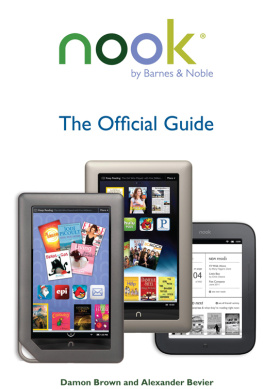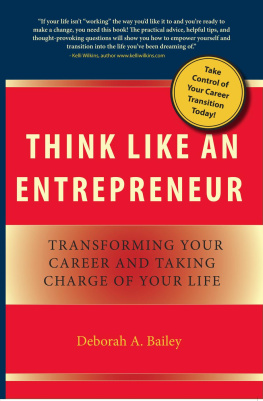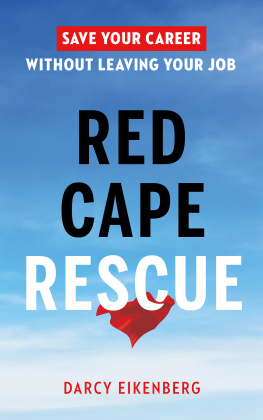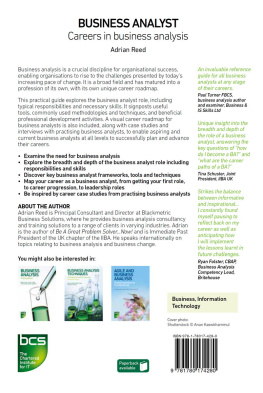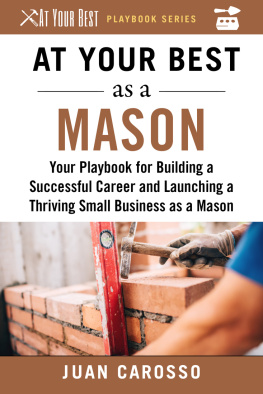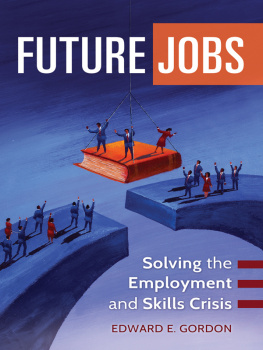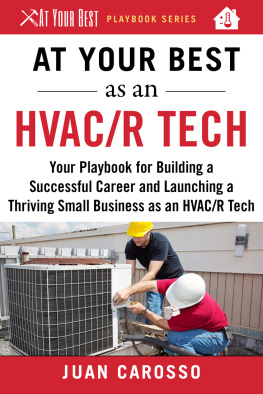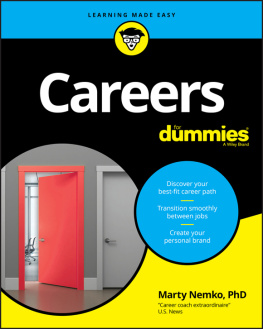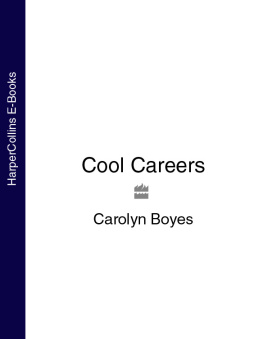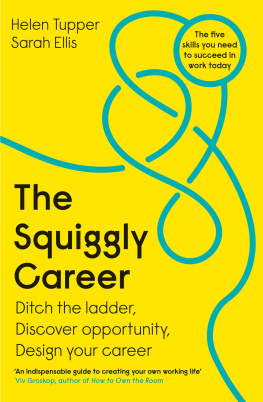Damon Brown helps side hustlers, solopreneurs, and other non-traditional creatives bloom. As a best-selling author, two-time startup founder, and four-time TED speaker, Damon co-founded the popular platonic connection app Cuddlr and led it to acquisition within a year, all while being the primary caregiver of his infant son. He now guides others through his one-on-one business coaching, Inc. magazine column, www.incdamonbrown.com, and #BringYourWorth show every Monday, Wednesday, and Friday, www.youtube.com/browndamon. Most recently, Damon was the first entrepreneur-in-residence at the Toledo Library.
His popular keynotes build a conversation around worklife balance, personal success, and supporting diverse talent. Inc., Salesforce, and Google have hosted his in-person and off-site talks. You can watch his keynotes at www.damonbrown.net.
Connect with him at www.JoinDamon.me or on Twitter/Instagram at @browndamon.
As a business coach, I get asked common questions such as how to make room for your new business vision. You dont like where you are, or, at a minimum, you picture someplace better to be. You will be better once you get there. The messy middle, transforming from one career to the next, is where we tend to get too intimidated to fully move forward.
We often dont successfully change, because we havent made space for the new life to begin. Its like developing a new area of your proverbial house. First, you have to figure out why the current situation isnt working. The time, energy, and other resources required to make the new thing should not only be worth the effort but also worth the opportunity, cost, and resources required to start something new rather than keeping things the same. Then, you have to get rid of what youve got. This is where many of us get stuck. This is where we get scared. This is the part we envision before we even start that prevents us from starting at all.
To use an analogy, we are constantly between the shore and the island. The shore on which you sit is what you already know: the safety, however uncomfortable, of what you have now. The island that you cant see is what you intuitively know: the vision for doing your true work, making your best impact, and earning your true worth in your career. You know its out there, though you may have been convinced otherwise. You recognize that it is available, even as those around you may think your ambition is folly. Each and every one of us knows when we are in what The Big Leap author Gay Hendricks calls our zone of genius, that place where we work and enter what author Mihaly Csikszentmihalyi calls flow. It is where we feel at home. And we know on the shore aint it.
In The Big Leap, Gay Hendricks breaks down four zones we all inhabit: the zone of incompetence, the zone of competence, the zone of excellence, and the zone of genius. In the zone of incompetence, we are doing something we are not skilled in. In the zone of competence, we are doing something efficiently, but realize that others are just as efficient and our skill set is average. In the zone of excellence, we are doing something with very high skill, usually based on our own dedication. Lastly, in the zone of genius, we are doing something that is natural, if not innate. In my interpretation, the zone of genius cannot be taught, only revealed. Your zone of genius is yours and yours alone. However, you have to own it.
The temptation is strong to remain in the Zone of Excellence; its where your own addiction to comfort wants you to stay, Hendricks writes in The Big Leap. Its also where your family, friends, and organization want you to stay. Youre reliable there, and you provide a steady supply of all the things that family, friends, and organizations thrive on. The problem is that a deep, sacred part of you will wither and die if you stay inside your Zone of Excellence.
For me, my zone of excellence is journalism: three decades in the field, masters in Magazine Publishing, thousands of high-profile articles published. I also remember the moment when I launched my first startup, took journalist off my business card, and shared with my wife that being only a freelance writer and author wasnt it anymore. There would be some ups and downs, but I knew I couldnt continue on the path I was on and make the impact I was meant to make. There was more for me to do beyond my journalism career thus far.
My zone of genius is guiding non-traditional entrepreneurs: inspiring the next generation of side hustlers, solopreneurs, and those who dont fit in the straight white male Ivy League college dropout Silicon Valley founder stereotype. There is no competition. And the more I learn, serve, and build the community, the deeper I tap into that unique zone of genius.
What gets me excited is that my confidence doesnt come from ego: it comes from owning my story. And I feel comfortable shining even brighter because I know you have your own story too.
But you gotta leave the shore to get it.
In an interview with Forbes, Hendricks says:
Most successful people are operating in their zone of excellence, in which they are doing things at which they are highly skilled. This zone is ultimately unsatisfying, though, because it does not engage the innate genius of the individual. As with any other kind of lasting, meaningful change, commitment is the gateway to the zone of genius. When I work with busy executives, I start by asking them to make a commitment to blocking out just ten minutes a day in their calendars to devote to cultivating their genius. The ten minutes can involve journaling, meditating or any number of other activities, just as long as you are focusing on your genius for ten uninterrupted minutes. After you have gotten your ten minutes a day in your routine, then bump it up to fifteen minutes. Ultimately I want to see people I work with spending 90 percent of their time in their zone of genius, but youve got to start somewhere and my recommendation is to start with ten minutes a day.


